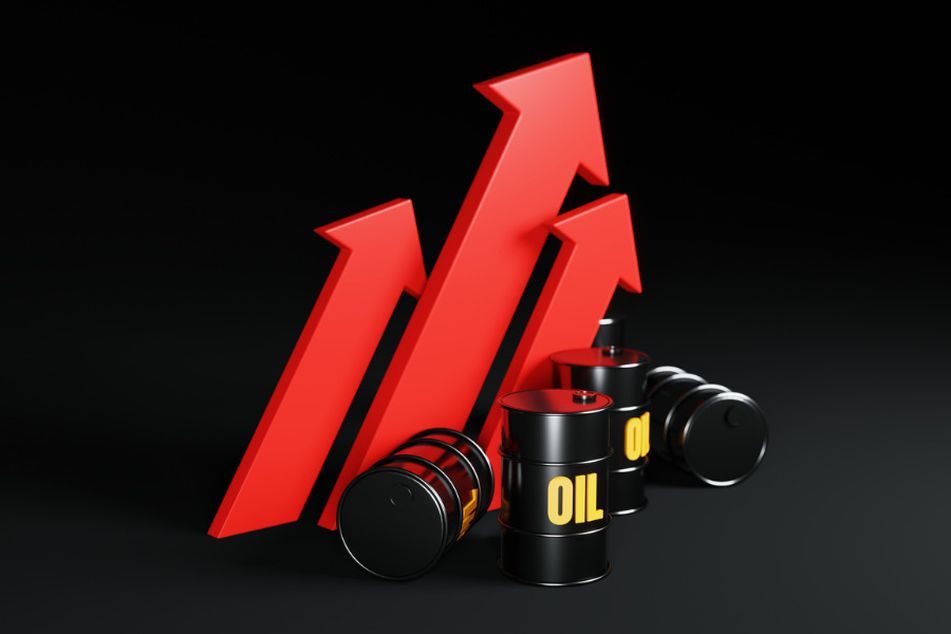Oil at $140? It’s Allianz Trade’s worst-case scenario

At that level, the world would be staring at recession.
War in the Middle East could cause the oil price to surge to $140 a barrel and bring the world to the brink of a recession, according to Ana Boata, head of economic research at Allianz Trade.
Speaking to Kriti Gupta on Bloomberg Television, the Paris-based analyst placed a 20% probability of such an outcome transpiring, with hostilities between Israel and Hamas — designated a terrorist group by the US and the EU — turning into a broad regional conflict that shuts down crude supplies.
“Higher oil prices — that’s the direct impact,” she said Friday, detailing how such a scenario would unfold. “We can expect oil prices to go up from $90 per barrel to $140 at a peak, and even $120 on average next year.”
Such projections point to a horror in human cost and a nightmare for policymakers dealing with the fallout. Officials at the International Monetary Fund meetings last week also honed in on the potential oil impact, and European Central Bank chief Christine Lagarde highlighted the risk in a briefing last week to finance ministers.
“Clearly at these levels of energy prices, we understand that central banks would be much more into the wait-and-see mode before they cut interest rates,” Boata said, describing an outcome of faster inflation and even weaker economic growth. “That could shift us into the recession scenario that some would have expected anyhow in the baseline scenario.”
Global growth as a whole would slow to 2% — close to the threshold that signals contraction, Boata said. Meanwhile, the threat of financial-market fallout shouldn’t be discounted.
“Sovereign risks have increased, and that’s a reality, because real interest rates are clearly much, much higher than growth,” Boata observed.
“One of the concerns of the economists, and we all remember it very well, is the remake of the 2012 sovereign crisis in Europe — and not only in Europe, because even the US is very exposed to the increase in interest payments,” she said. “Nobody actually, as governments, has clear plans in adjusting their public finances.”
Learn more about reprints and licensing for this article.








